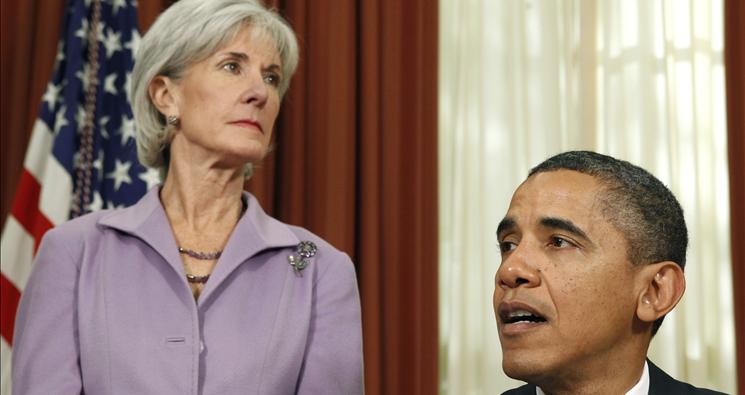The Private Corporation as Public Agency
As my ACLJ colleagues prepare to file their next round of briefs in the HHS mandate cases, I’ve been struck once again at how many Obamacare supporters are just aghast that a for-profit company would dare to assert its own rights against a federal regulation. In speeches and other public events, I’ve been pressed again and again: “Of course the government can regulate for-profits. If you win your cases, what’s next? A right to use child labor? A right to operate an unsafe workplace?” The arguments about non-profits have tended to focus around the fictional Obama “compromise” — with supporters contending that religious institutions should no longer have any objections since the administration has created its little accounting shell game — but the attack on for-profits is head-on, indignant, and self-righteous.
It’s as if opening your own business and making a profit is itself a morally suspect act — one that requires the watchful eye of the government to make sure that you not only don’t mistreat your employees but increasingly that you also use your financial resources to advance allegedly vital governmental interests. If the government can even compel a private business owner to pay for abortifacients, then the private business owner is no longer private in any meaningful sense of the word. His independent judgment exists only so long as the government allows it to exist, and his resources are at the government’s disposal not just to tax — but to advance specific ideological agendas.
I know very well the federal government has had wide regulatory latitude for decades, but dragooning businesses into the sexual revolution, in support of a “right” to free contraception that just sprang into existence (historically speaking) about three minutes ago — and is unsupported by any conventional government-interest analysis (unless of course the government’s interest is securing a supermajority of single women voters) — would mean that the era of balancing private rights versus alleged “public interests” is over. The public interest would win. Always.
I say all this to note that the HHS mandate fight is about much, much more than religious liberty — as important as that liberty is. It’s also about whether a truly private for-profit company can exist at all, or if the Leviathan has grown so large and powerful that private enterprise exists at the pleasure of its almighty will to serve its allegedly benevolent purposes.
This article is crossposted at National Review Online.
